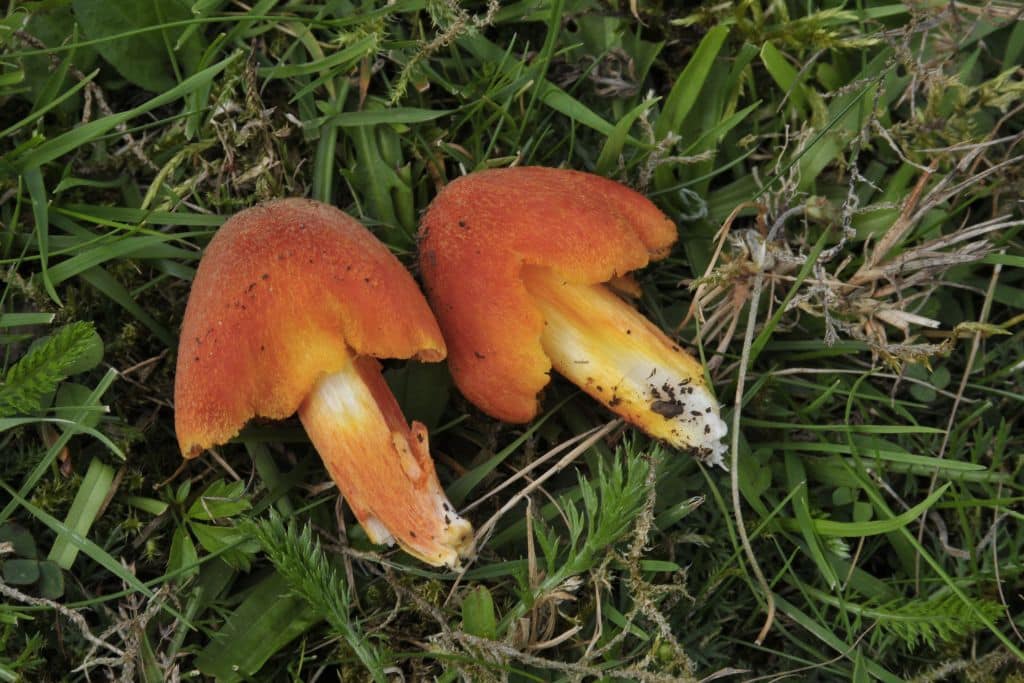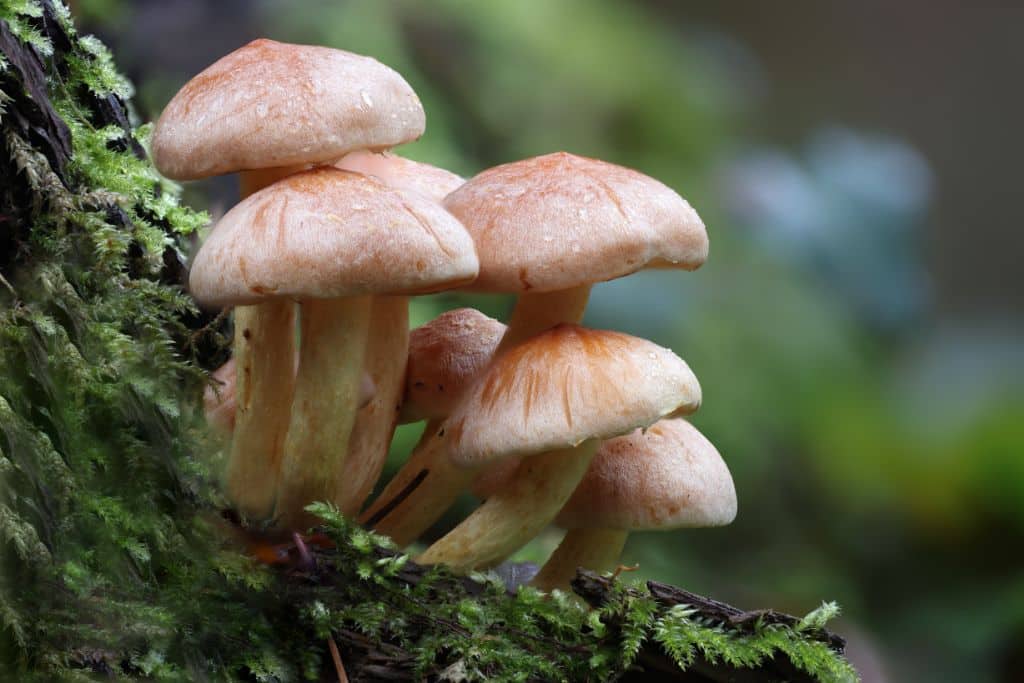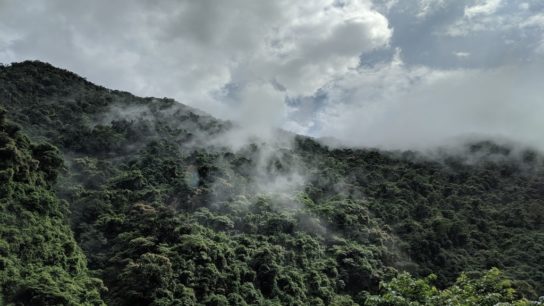411 of the 1,300 fungi species assessed worldwide are at risk of extinction, according to the International Union for Conservation of Nature (IUCN).
—
Recent efforts to assess hundreds of fungi species worldwide revealed that nearly one in three studied fungi are now threatened with extinction.
Experts and citizen scientists worldwide have helped assess 482 new fungi species in recent years, bringing the total number on the IUCN Red List, the world’s most comprehensive inventory of the global conservation status and extinction risk of biological species, to 1,300. Of these, at least 411 are considered at risk of extinction.
The International Union for Conservation of Nature (IUCN) identified agricultural and urban expansion as the leading causes behind fungi habitats’ rapid disappearance. The organization said last week that deforestation for timber production, illegal logging, and clearing for agriculture put at least 198 species at risk of extinction.
It added that climate change is also having a toll on fungi populations worldwide, with changing fire patterns in the US directly threatening over 50 fungi species with extinction.
Vital to Life on Earth
Fungi are the second-largest kingdom after animals, counting an estimated 2.5 million species, of which around 155,000 are named.
Besides constituting a source of food and being used in drink production, fungi are also used to develop medicines and are deployed in clean-ups of contaminated sides given their ability to consume and break down environmental pollutants.
They also perform a myriad of essential functions that underpin the very foundation of life on our planet, from breaking down complex organic matter, which helps return vital nutrients to the soil, to helping regulate soil erosion and retain moisture, enhancing the soil’s ability to sequester carbon.
Fungi also form mutually beneficial relationships with other organisms, a process known as symbiosis. Symbiotic bond is estimated to be crucial for over 90% of plant species, enabling their survival, growth, and resilience in various ecosystems worldwide.

“Fungi are the unsung heroes of life on Earth, forming the very foundation of healthy ecosystems,” said Grethel Aguilar, IUCN Director General as she praised the work of experts and citizen scientists in assessing fungi globally. “[I]t’s time to turn this knowledge into action and safeguard the extraordinary fungal kingdom, whose vast underground networks sustain nature and life as we know it,” she added.
You might also like: The Untapped Potential of the Amazon’s Plastic-Eating Mushroom
This story is funded by readers like you
Our non-profit newsroom provides climate coverage free of charge and advertising. Your one-off or monthly donations play a crucial role in supporting our operations, expanding our reach, and maintaining our editorial independence.
About EO | Mission Statement | Impact & Reach | Write for us








